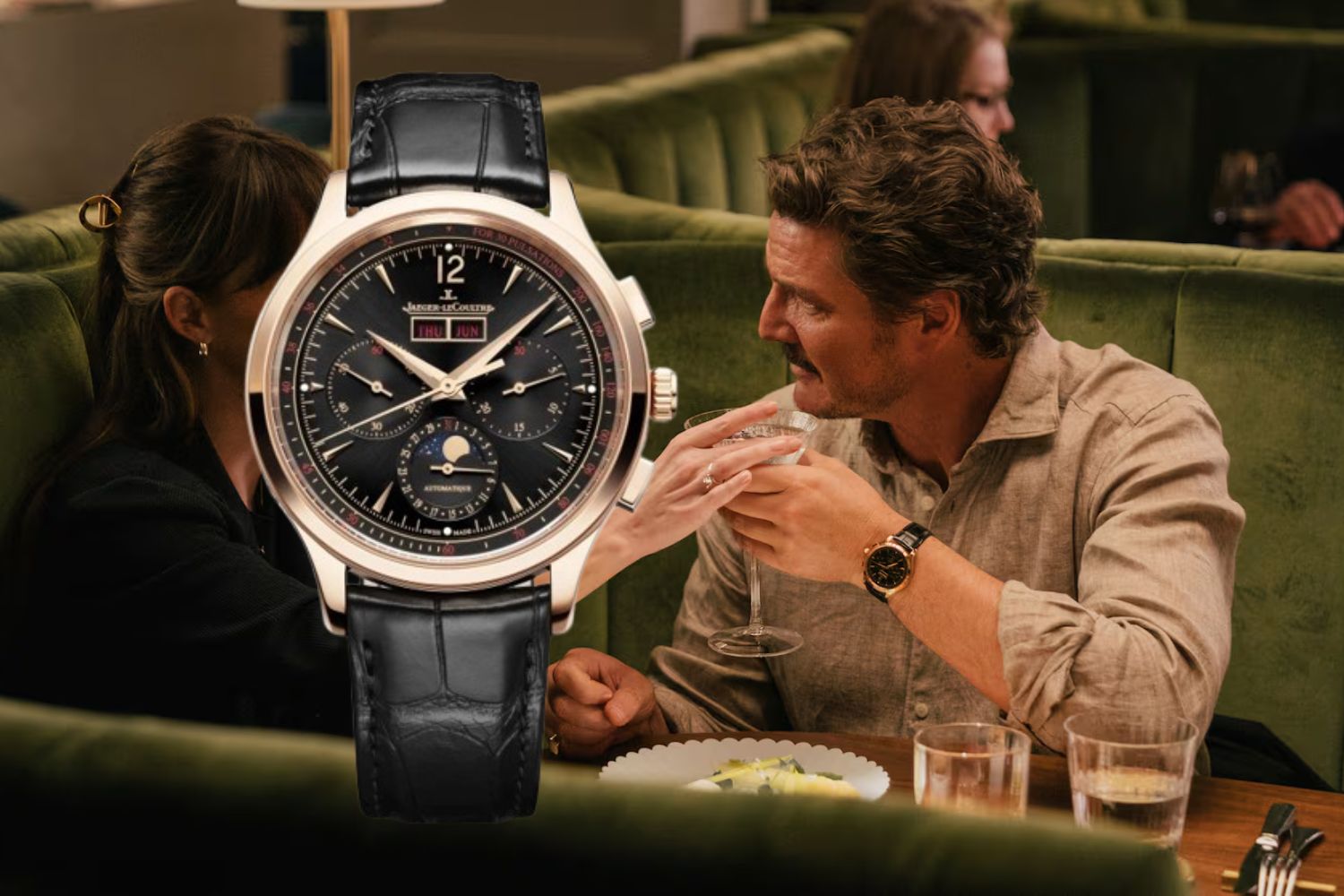What can men get from watching Barbie? More than you might think
‘Barbie’ isn’t just a chick flick, it’s an insight into the male mind that’s worth exploring.

BARBIE ISN’T just another chick-flick your girlfriend drags you to. You know, the type where you politely nod when she asks if you enjoyed it. We’ve all been there. As amidst the pink-hued glitz and dolled up glamour that is Barbie, there’s a lot to unpack. In the lead-up to the film’s release, posters adorned with a joyful Margot Robbie and beatific Ryan Gosling beside the words: “She’s everything” and “He’s just Ken”, were everywhere. As it turns out, that mantra wasn’t only a funny marketing ploy, but also a hint at Ken’s inner struggle against the idea that he only exists as an accessory to Barbie.
While the film’s titular character garners most of the attention and the plot ticks many of the expected boxes regarding female empowerment, the film’s most intriguing character — is Ken. Don’t get me wrong, Barbie knows its audience is largely female and appropriately delves heavily into everything feminine and, of course — pink. But there’s an intriguing subplot at play that reveals the struggle of the 21st century male in finding his place in the world.
Young men, increasingly disgruntled with their place in a more equitable world, are turning to social commentators like Andrew Tate, Jordan Peterson and Ben Shapiro as their source of masculine empowerment, which often manifests in putting down, controlling and obsessing over women. We shouldn’t dismiss this phenomenon as simply the latest avenue to hating on the opposite sex, but rather, question why men are struggling to accept their insecurities, and are instead finding solace in misogyny. Barbie offers a scathing commentary on this struggle. Don’t let the perfectly plastic exterior make you think otherwise.
“Doesn’t seem to matter what I do, I’m always number two.” – Ken
At the start of the film, Ken is stuck in a scenario that I’m sure many viewers consider relatable. To define Ken’s relationship with Barbie as obsessive would be an understatement — honestly, it’s a little toxic. In our genesis story, Eve was created for Adam, and woman created for man, while in the world of Barbie, the opposite is true. Ken exists as an accessory to Barbie. His prior purpose has been to serve as a good-looking complication for our main character, akin to the love-interests in every James Bond film, nothing else.
The film doesn’t beat around the bush when describing the mental state’s of its leading duo. The phrase “Barbie has a great day every day. Ken only has a great day when Barbie looks at him,” is uttered in the opening minutes. While that line drew plenty of sympathetic coos from the audience during my first viewing, it presents a deep sadness that’s bubbling below the surface.
Ken vies for Barbie’s attention, fumes when his rivals best him, and can’t take the hint that Barbie is quite simply not interested in him, but never searches for any alternatives. In short, Ken is a veritable incel, perpetually chasing validation.
“I wanna know what it’s like to love. To be the real thing. Is it a crime? Am I not hot when I’m in my feelings?” – Ken
Upon leaving the feminist utopia that is Barbieland, Ken is confronted with an awakening in the Real World. While Barbie is ogled and cat-called, Ken is treated with respect and called “sir”. That’s because on planet earth, patriarchy is deeply entrenched, and “men rule the world” — which a wide-eyed Ken soon realises, and refuses to resist. Ken embraces this newfound power as an unqualified straight white male — even, requesting to do “just one appendectomy” because “I’m a man” — later deciding that he must spread the gospel of patriarchy by creating his own “Kendom”.
Without diving too deeply into an analysis of the Kendom’s rise and fall, Barbie and Ken eventually discuss their relationship. After assuring him that their situation will never become a situationship, Barbie implores Ken to pursue other interests and find his own meaning. This resolution not only strays from the traditional message of the guy always getting the girl, it’s also a rather conspicuous edict, that men should, quite simply — reassess their relationships with the opposite sex and concern themselves with desires that don’t hinge on validation from women.
“I have feelings that I can’t explain, drivin’ me insane. All my life, been so polite, but I’ll sleep alone tonight.” – Ken
This message is clear during the film’s third act, when Ken breaks into a musical performance with the aptly titled, resolution-prompting and undeniably catchy romp “I’m just Ken”. During the song, Ken initially questions: “Is it my destiny to live and die a life of blonde fragility?” He then reinforces the notion that he simply can’t find meaning outside of chasing Barbie, “I’m just Ken. Where I see love, she sees a friend. What will it take for her to see the man behind the tan.”
By the song’s conclusion, Ken resolves his inner battle and finds value in being, you guessed it, just Ken. “I’m just Ken (And I’m enough),” a chorus of Ken’s echo triumphantly. “And I’m great at doing stuff. So, hey, check me out, yeah, I’m just Ken.”
It isn’t the responsibility of the film to provide an answer to our real-world struggles. But Ken’s journey teaches us an important lesson. In ultimately learning that he has a purpose outside of Barbie, Ken is able to move beyond his incessant need for female validation and subsequently, his need to control women.
From my experience, Barbie is an opportunity for introspection. A chance to look inwardly and find that there’s nothing wrong with being just Ken, feelings of loneliness and unfulfillment are not only normal, they’re a challenge that most people must eventually conquer. Gerwig’s plastic perfect world teaches us that we need to move beyond our obsession with female validation and desire to control women because ultimately, we are all Kenough, just the way we are.
Related:




















